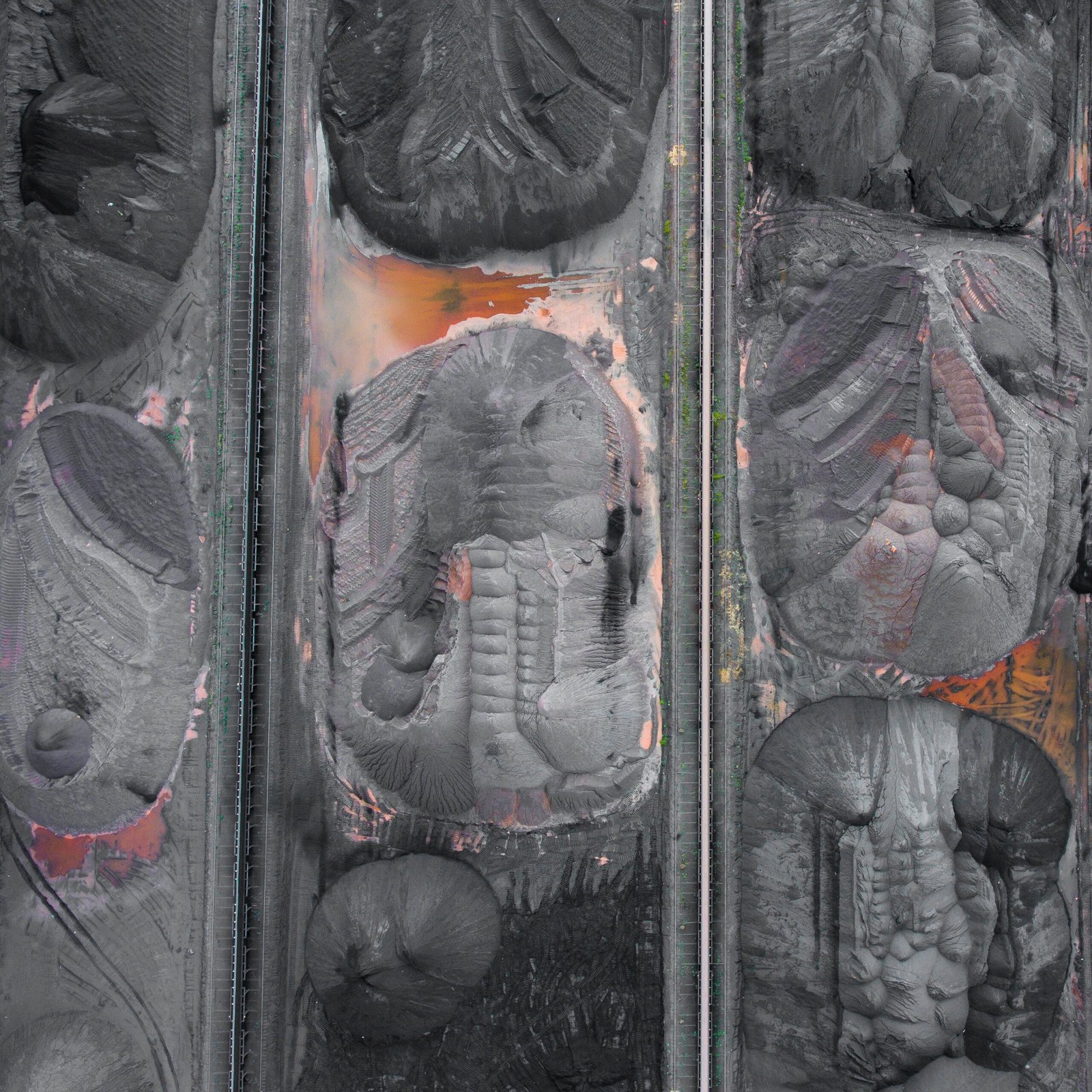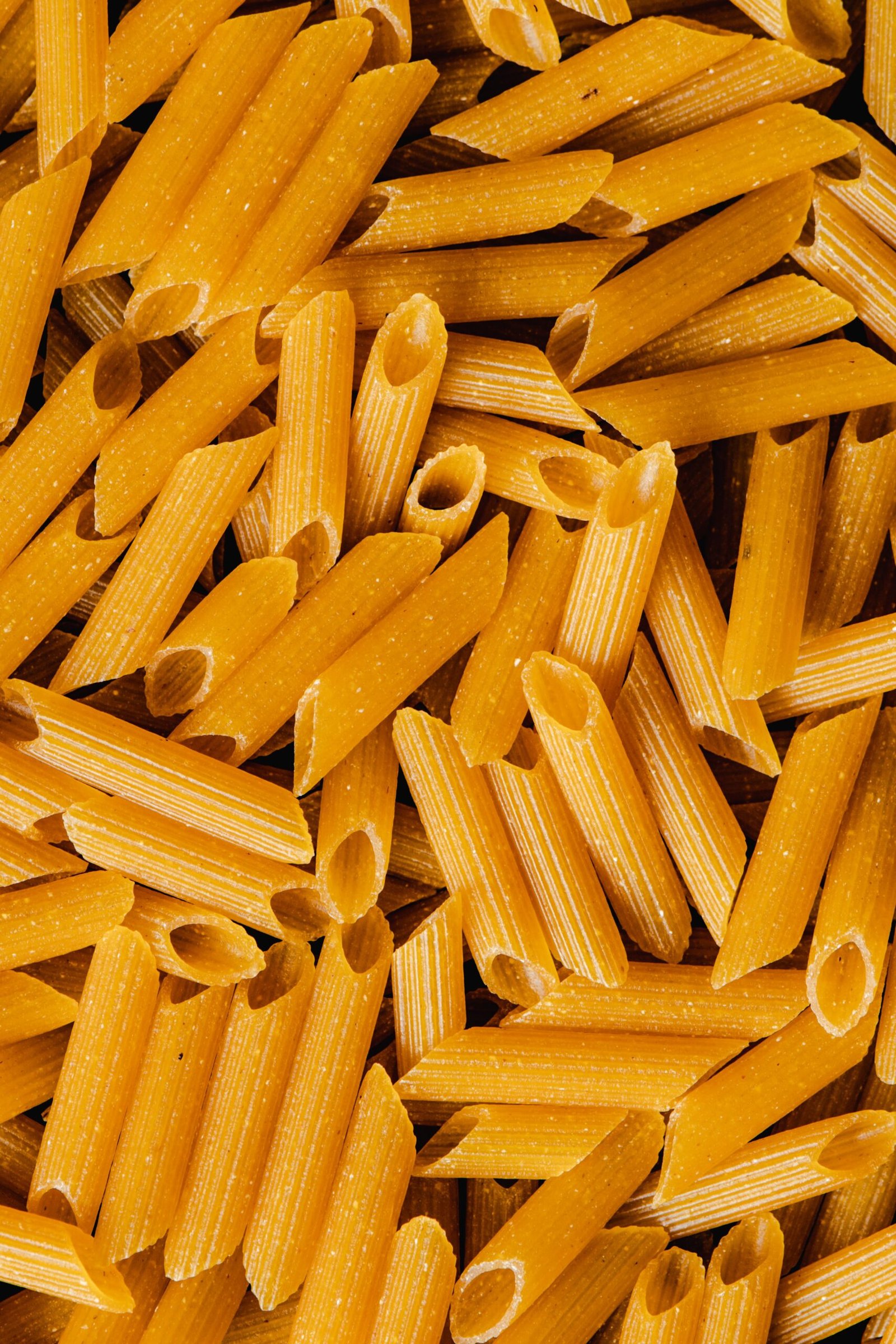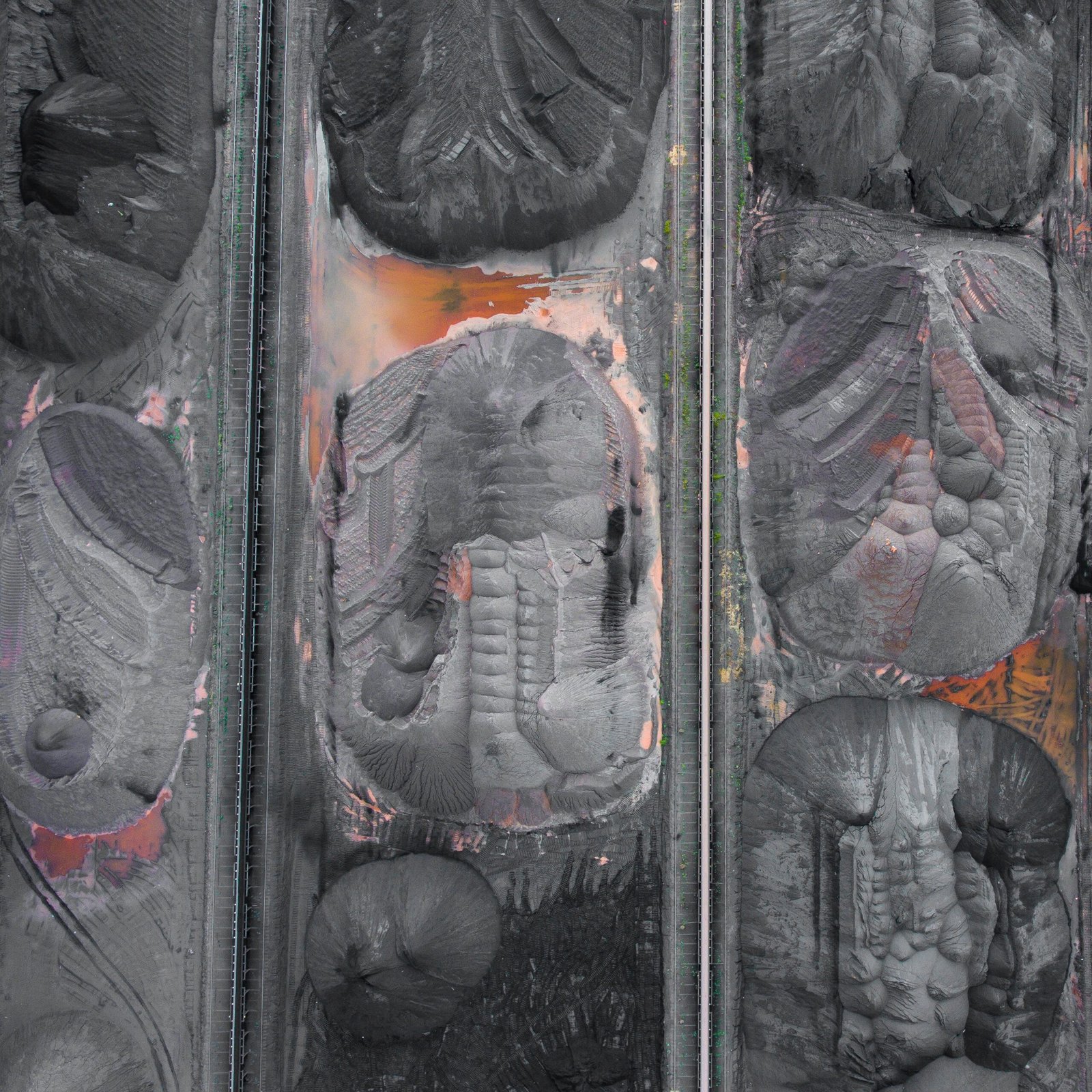Are you looking for a simple and cost-effective way to bulk up your muscles? Well, the answer might surprise you. While chicken and rice are undoubtedly a healthy and nutritious combination, relying solely on these two ingredients to bulk up might not be the most effective approach. In this article, we’ll explore the reasons why a balanced and varied diet is essential for muscle growth and provide you with some alternative options to consider. So, if you’re curious about whether chicken and rice can fulfill all your bulking goals, keep reading to find out the truth behind this popular dietary myth.
The Importance of Proper Nutrition for Bulking
When it comes to bulking, proper nutrition plays a crucial role in achieving your goals. Bulking refers to a phase of training where you aim to increase muscle mass and size. While exercise is important, the food you consume is equally critical in supporting muscle growth and providing the necessary energy for intense workouts. In this article, we will delve into the significance of nutrition for bulking, specifically focusing on the popular combination of chicken and rice.
Understanding Bulking
Before we explore the role of nutrition, it’s essential to have a basic understanding of bulking. Bulking involves consuming a high-calorie diet to promote muscle growth. During this phase, individuals typically aim to consume more calories than they burn, creating a caloric surplus. The surplus of calories provides the body with the fuel it needs for intense training sessions and muscle recovery and growth.

The Role of Nutrition
Proper nutrition is the foundation of successful bulking. Without the right nutrients, your body will struggle to build muscle and recover effectively. When it comes to bulking, two primary macronutrients play a significant role – protein and carbohydrates. Protein is essential for muscle repair and growth, while carbohydrates provide the necessary energy for intense workouts. Additionally, ensuring adequate intake of micronutrients such as vitamins and minerals is crucial for overall health and optimizing muscle growth.
Balancing Macros and Micronutrients
To effectively support bulking, it is important to strike a balance between macronutrients and micronutrients. While macronutrients – protein, carbohydrates, and fats – provide the necessary calories for muscle growth, micronutrients are equally important for proper bodily functions and ensuring overall well-being. Neglecting either macronutrients or micronutrients can hinder your bulking progress. Therefore, it’s important to focus not only on consuming enough calories but also on obtaining a diverse range of vitamins and minerals from your diet.

Is Chicken and Rice Sufficient for Bulking?
Chicken and rice are popular food choices for individuals looking to bulk up. Both these foods are nutrient-dense and offer several benefits that support muscle growth. Let’s take a closer look at the nutritional content and advantages of including chicken and rice in your bulking diet.
Nutritional Content of Chicken
Chicken is a lean source of protein, making it an excellent choice for muscle growth. It contains all essential amino acids, which serve as the building blocks of proteins in the body. Consuming sufficient protein is vital for muscle repair and growth. In addition to protein, chicken also provides essential vitamins and minerals such as vitamin B6, niacin, phosphorus, and selenium.
Benefits of Chicken for Bulking
Including chicken in your bulking diet offers numerous advantages. Firstly, its high protein content supports muscle protein synthesis, facilitating muscle repair and growth. Secondly, chicken is low in fat, making it an ideal choice for individuals aiming to minimize unwanted weight gain while maximizing muscle gains. Lastly, chicken is versatile and can be incorporated into various dishes, making it easier to maintain variety in your bulking diet.
Nutritional Content of Rice
Rice is a staple food in many cultures and is often a go-to carb source for bulking. It is rich in carbohydrates and provides a steady release of energy throughout the day. Additionally, rice contains small amounts of protein and essential minerals such as magnesium and phosphorus.
Benefits of Rice for Bulking
Including rice in your bulking diet offers several benefits. Firstly, its high carbohydrate content provides the energy required for intense workouts. Carbohydrates are the body’s preferred source of fuel during exercise, allowing you to push harder and get the most out of your training sessions. Secondly, rice is easy to digest and helps replenish glycogen stores in the muscles, aiding in recovery. Lastly, rice is an affordable and versatile food, making it a convenient choice for individuals on a bulking budget.
Combining Chicken and Rice for Bulking
The combination of chicken and rice is a powerhouse when it comes to bulking. By combining a lean source of protein like chicken with a complex carbohydrate source like rice, you create a well-rounded meal that provides the necessary nutrients for muscle growth and energy. The protein from chicken supports muscle repair and growth, while the carbohydrates from rice fuel your workouts and aid in recovery. Incorporating this balanced combination into your bulking diet can help you achieve your goals more effectively.
Considerations for Bulking with Chicken and Rice
While chicken and rice can be valuable additions to your bulking regimen, there are several important considerations to keep in mind to optimize your results. Let’s explore these key considerations:
Caloric Surplus
To effectively bulk up, you need to ensure a caloric surplus. This means consuming more calories than your body burns. While chicken and rice provide a solid foundation for your bulking diet, it is important to calculate your overall caloric needs and adjust portion sizes accordingly.
Protein Intake
Protein is the cornerstone of muscle growth. When bulking with chicken and rice, it is crucial to consume enough protein to support muscle repair and growth. Aim for a daily intake of around 1-1.5 grams of protein per pound of body weight. This can be achieved by including adequate portions of chicken in your meals.
Carbohydrate Intake
Carbohydrates provide the necessary energy for intense workouts. When bulking with chicken and rice, be mindful of your carbohydrate intake to ensure you have sufficient energy for your training sessions. The amount of carbohydrates needed will vary depending on factors such as your activity level and goals. Experiment with your intake and adjust accordingly.
Fiber Intake
While chicken and rice are nutritious options, they are relatively low in fiber. It is important to include other sources of fiber such as fruits, vegetables, and whole grains in your diet. Adequate fiber intake promotes digestion, aids in nutrient absorption, and helps maintain overall gut health.
Fat Intake
While chicken is a lean protein source, it is essential to include healthy fats in your bulking diet. Healthy fats such as avocados, nuts, and olive oil provide essential nutrients and support hormone production. Aim to include a small amount of healthy fats in your meals to ensure optimal health and performance.
Vitamin and Mineral Requirements
While chicken and rice provide a good foundation of nutrients, it is important to ensure you have a diverse range of vitamins and minerals in your diet. Incorporate a variety of fruits, vegetables, and other nutrient-dense foods to meet your body’s requirements.
Meal Frequency and Timing
To optimize muscle growth and recovery, it’s important to spread your meals throughout the day and time them appropriately. Aim to consume meals every 3-4 hours to ensure a steady supply of nutrients to support muscle growth. Additionally, consuming a balanced meal containing chicken and rice before and after your workouts can provide the necessary fuel for exercise and aid in recovery.

Building a Well-Balanced Bulking Diet
While chicken and rice can form a significant part of your bulking diet, it is important to build a well-rounded meal plan that includes a variety of foods. Here are some key considerations when constructing a well-balanced bulking diet:
Variety in Protein Sources
While chicken is an excellent source of protein, it’s important to incorporate other protein sources into your diet to ensure a variety of essential amino acids. Include options such as lean beef, turkey, fish, eggs, and legumes to diversify your protein intake.
Incorporating Non-Starchy Vegetables
Non-starchy vegetables are low in calories but high in vitamins, minerals, and fiber. They are an excellent addition to your bulking diet as they will not significantly increase your caloric intake but will provide several health benefits. Include vegetables such as broccoli, spinach, peppers, and asparagus to boost the nutrient content of your meals.
Including Healthy Fats
As mentioned earlier, including healthy fats is crucial for optimal health and performance. Incorporate sources such as avocados, nuts, seeds, and olive oil into your meals to meet your body’s fat requirements.
Complex Carbohydrate Sources
While rice is a great carbohydrate source, it’s important to include other complex carbohydrates in your diet for a variety of nutrients. Whole grain bread, quinoa, sweet potatoes, and oats are excellent choices to incorporate into your bulking meals.
Monitoring Portion Sizes
Finally, it’s important to monitor portion sizes to ensure you are consuming an appropriate amount of calories for your goals. While chicken and rice are nutritious options, overeating can lead to excessive weight gain. Use portion control techniques and listen to your body’s hunger and satiety cues to maintain a healthy balance.
Supplements for Supporting Bulking
In addition to a well-planned diet, certain supplements can support your bulking efforts. While supplements should not replace a nutritious diet, they can be used strategically to enhance your results. Here are some popular supplements for supporting bulking:
Protein Supplements
Protein supplements such as whey protein can help individuals struggling to meet their daily protein requirements. They are convenient and can be easily incorporated into shakes or other recipes to supplement your intake.
Creatine
Creatine is a supplement that has been extensively studied and proven to enhance muscle strength and size. It helps increase the production of ATP, which is the primary energy source for muscle contractions during intense exercise.
Branched-Chain Amino Acids (BCAAs)
BCAAs are a group of essential amino acids that have been shown to aid in muscle recovery and decrease muscle soreness. They can be consumed in supplement form or obtained from natural food sources.
Multivitamins
While a well-balanced diet should provide all necessary vitamins and minerals, a multivitamin can be used as an insurance policy to fill any potential nutrient gaps.
Omega-3 Fatty Acids
Omega-3 fatty acids are known for their anti-inflammatory properties and numerous health benefits. Supplementing with omega-3s can support overall health and aid in recovery.
Pre- and Post-Workout Supplements
Pre- and post-workout supplements can provide an extra boost of energy and aid in recovery. These supplements often contain a combination of carbohydrates, protein, and other ergogenic ingredients to enhance performance and support muscle growth.
Tips for Successful Bulking
Bulking can be a challenging process, but with the right approach, it can be incredibly rewarding. Here are some tips to help you succeed in your bulking journey:
Setting Realistic Goals
Setting realistic and achievable goals is crucial. Understand that muscle growth takes time and be patient with the process. Set specific and measurable goals to track your progress effectively.
Tracking Progress
Tracking your progress is essential to determine the effectiveness of your bulking program. Keep a record of your workouts, measurements, and body weight to monitor changes over time. Adjust your diet and training as needed based on your progress.
Staying Consistent
Consistency is key in bulking. Stick to your diet and training plan diligently, even when motivation wavers. Consistency over time will yield the best results.
Prioritizing Sleep and Recovery
Muscle growth occurs during the recovery phase, so prioritize adequate sleep and rest days. Aim for 7-9 hours of quality sleep per night and incorporate rest days into your training program.
Mixing Up Training Routines
To continue progressing, it’s important to mix up your training routines. Incorporate variations in exercises, rep ranges, and training techniques to challenge your muscles and stimulate growth.
Consulting with a Professional
If you are unsure about how to structure your bulking program or have specific dietary considerations, consider consulting with a registered dietitian or fitness professional. They can provide personalized advice and guidance to optimize your bulking journey.
Common Mistakes to Avoid
While chicken and rice are valuable components of a bulking diet, it’s important to avoid certain common mistakes that could hinder your progress. Here are some mistakes to avoid:
Relying Solely on Chicken and Rice
While chicken and rice are nutritious, relying solely on these two foods can lead to a lack of dietary diversity and potential nutrient deficiencies. Incorporate a wide range of foods to ensure you are obtaining a variety of essential nutrients.
Neglecting Micronutrients
While macros are important, neglecting micronutrients can have negative implications on your health and performance. Ensure you are consuming a varied diet that includes fruits, vegetables, whole grains, and other nutrient-dense foods to meet your micronutrient needs.
Over or Underestimating Caloric Intake
Accurate tracking of your caloric intake is essential for effective bulking. Failing to track your calories can result in either overeating, leading to excessive weight gain, or undereating, preventing optimal muscle growth. Use a food diary or tracking app to monitor your daily caloric intake.
Ignoring Quality and Source of Food
While macros are important, the quality and source of your food matter too. Choosing organic, grass-fed, or wild-caught options when available ensures higher nutrient density and fewer added hormones or antibiotics.
Inconsistent Meal Planning
Inconsistent meal planning can lead to haphazard and imbalanced eating habits. Take the time to plan your meals in advance, ensuring you have a combination of protein, carbohydrates, and fats in each meal.
Overreliance on Supplements
While supplements can be beneficial, they should not replace a well-balanced diet. Overreliance on supplements can result in nutrient imbalances and potential health issues. Prioritize whole foods and use supplements strategically to enhance your bulking efforts.
Conclusion
Proper nutrition is of utmost importance when it comes to bulking. Chicken and rice are popular choices for individuals looking to build muscle, thanks to their nutritional benefits and versatility. By balancing macronutrients, incorporating a variety of foods, and considering key factors such as caloric surplus and nutrient timing, you can optimize your bulking efforts. Remember to track your progress, stay consistent, and consult with professionals when needed. With the right approach, a well-balanced diet, and a dose of dedication, you’ll be well on your way to achieving your bulking goals.



One thought on “Can I Just Eat Chicken And Rice To Bulk?”